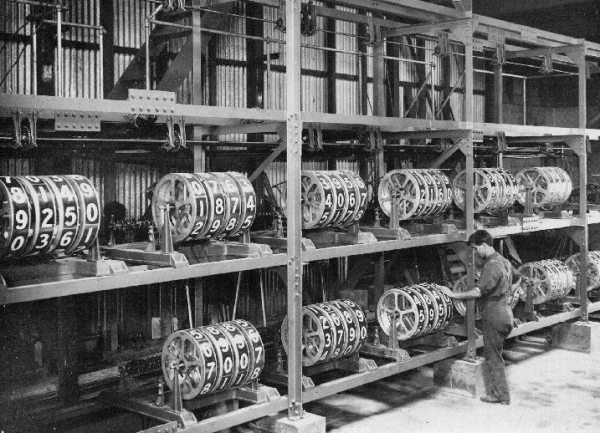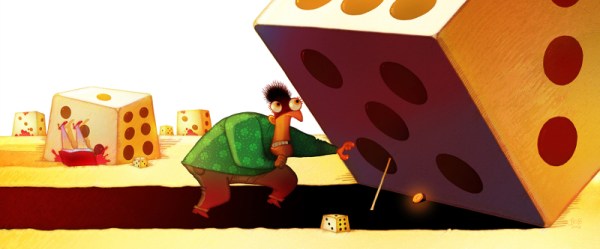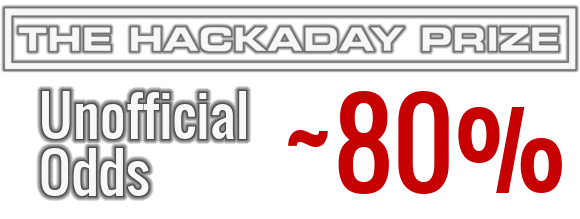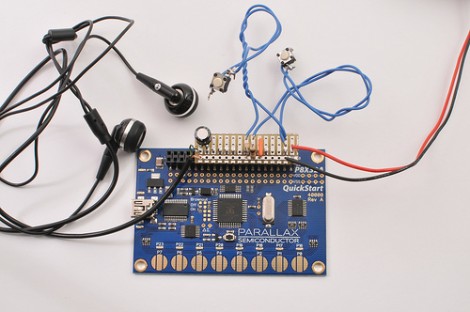Horse racing has been around since the time of the ancient Greeks. Often called the sport of kings, it was an early platform for making friendly wagers. Over time, private bets among friends gave way to bookmaking, and the odds of winning skewed in favor of a new concept called the “house”.
During the late 1860s, an entrepreneur in Paris named Joseph Oller invented a new form of betting he called pari-mutuel. In this method, bettors wager among themselves instead of against the house. Bets are pooled together and the winnings divided among the bettors. Pari-mutuel betting creates more organic odds than ones given by a profit-driven bookmaker.
Oller’s method caught on quite well. It brought fairness and transparency to betting, which made it even more attractive. It takes a lot of quick calculations to show real-time bet totals and changing odds, and human adding machines presented a bottleneck. In the early 1900s, a man named George Julius would change pari-mutuel technology forever by making an automatic vote-counting machine in his garage.
Continue reading “Tote Boards: The Impressive Engineering Of Horse Gambling”














